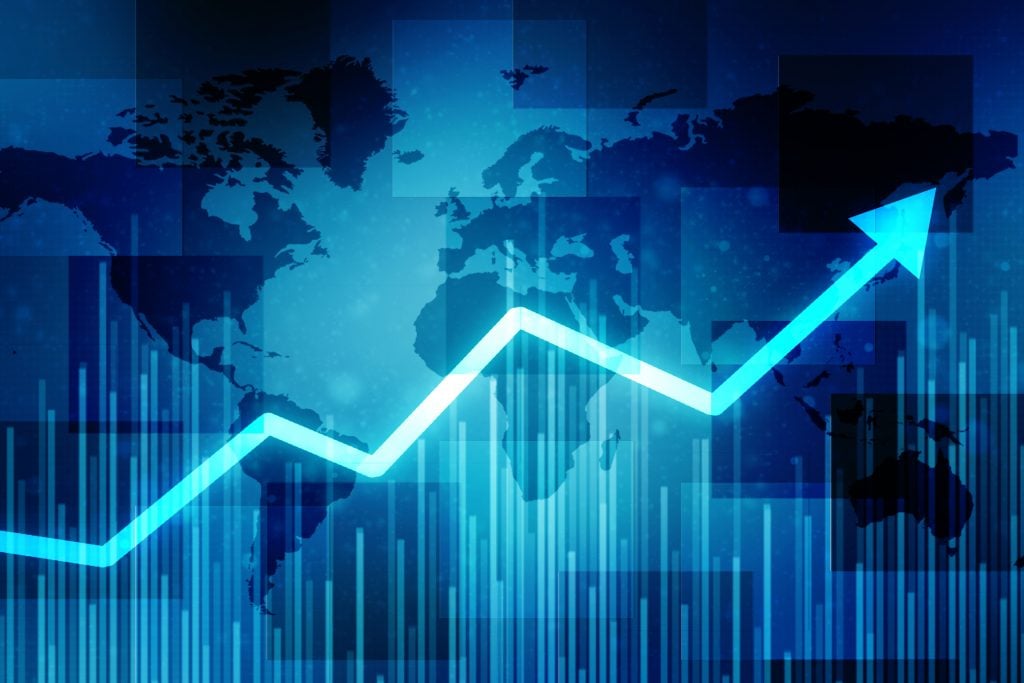July 2023 Trading Highlights

July 2023 was marked by significant developments and trends that reverberated across global financial markets, impacting Forex, CFDs, commodities, and stock trading. In this comprehensive article, we’ll delve into the critical highlights and insights that defined trading activities throughout this dynamic month.
Forex Market:
1. Geopolitical Events and Currency Volatility
Geopolitical events remained a dominant driver of currency market volatility in July 2023. Currency pairs experienced fluctuations as traders closely monitored global diplomatic relations, trade negotiations, and geopolitical tensions.
2. Central Bank Actions Shape Forex Trends
Central banks’ monetary policy decisions continued to influence Forex markets. Interest rate changes, quantitative easing programs, and forward guidance from major central banks played a pivotal role in shaping currency pair movements.
3. Digital Currencies Gain Traction
Digital currencies, including cryptocurrencies and central bank digital currencies (CBDCs), garnered increased attention from Forex traders. The evolving landscape prompted traders to explore new avenues for trading and investment.
CFDs (Contracts for Difference):
1. Retail Trading Momentum Persists
Retail traders maintained a strong presence in the CFD market, drawn by its accessibility and the wide range of available assets. Brokers continued to enhance their platforms to cater to the evolving needs of retail investors.
2. Regulatory Adjustments Continue
Regulatory changes remained a focal point in the CFD industry. Regulators sought to strike a balance between innovation and investor protection, leading to adjustments in leverage limits and margin requirements.
3. Sector-Specific CFDs in Demand
Sector-specific CFDs gained popularity among traders seeking exposure to specific industries like technology, healthcare, and renewable energy. These instruments provided opportunities to capitalize on sectoral trends.
Commodities Market:
1. Energy Market Dynamics
The energy market remained a point of interest, with oil prices responding to geopolitical developments, supply chain dynamics, and evolving global demand patterns. Renewable energy sources continued to reshape traditional energy markets.
2. Precious Metals as Safe Havens
Precious metals, including gold and silver, maintained their allure as safe-haven assets. Investors turned to these metals to hedge against inflation and economic uncertainties.
3. Agricultural Commodity Swings
Agricultural commodities continued to exhibit volatility due to factors such as weather-related events, supply chain disruptions, and changing consumer preferences. These conditions created trading opportunities for investors.
Stock Trading:
1. Sector Rotation Strategies at Play
Investors embraced sector rotation strategies to adapt to changing economic conditions. Traditional sectors like finance and industrials garnered increased interest, while technology stocks faced intermittent challenges.
2. Tech Innovations and IPOs Continue to Thrive
Innovative technology companies and initial public offerings (IPOs) remained central to stock market activity. Investors closely monitored emerging technologies, including artificial intelligence, biotechnology, and quantum computing.
3. Earnings Reports Influence Market Sentiment
Earnings reports continued to shape stock market movements. Companies exceeding expectations often saw stock price surges, while those falling short faced market corrections.
Conclusion:
July 2023 presented traders and investors with a dynamic and ever-changing financial landscape across Forex, CFDs, commodities, and stocks. Geopolitical events, central bank actions, and sector-specific trends continued to influence trading activities.
Successful navigation of these markets requires staying informed, adapting to evolving conditions, and implementing prudent risk management strategies. Whether you’re a seasoned trader or a novice, understanding the intricacies of these markets remains paramount for making informed investment decisions.
